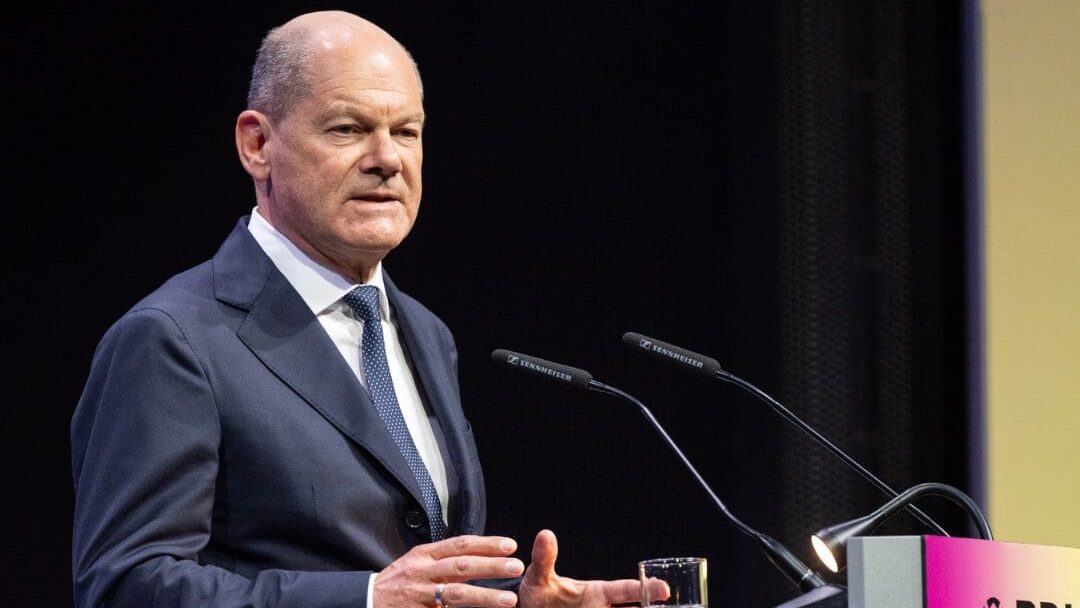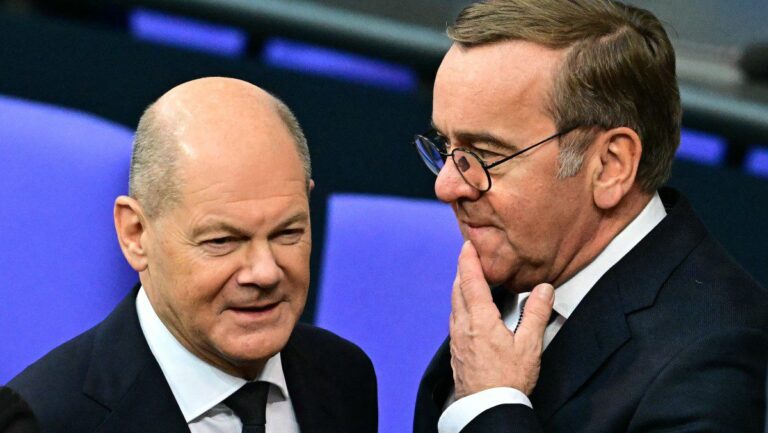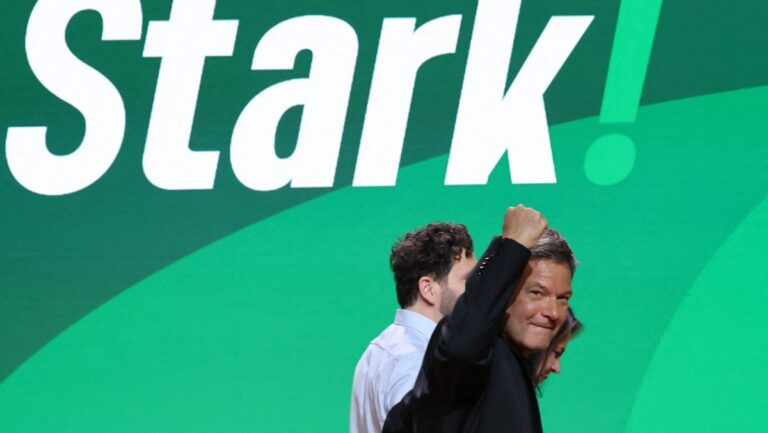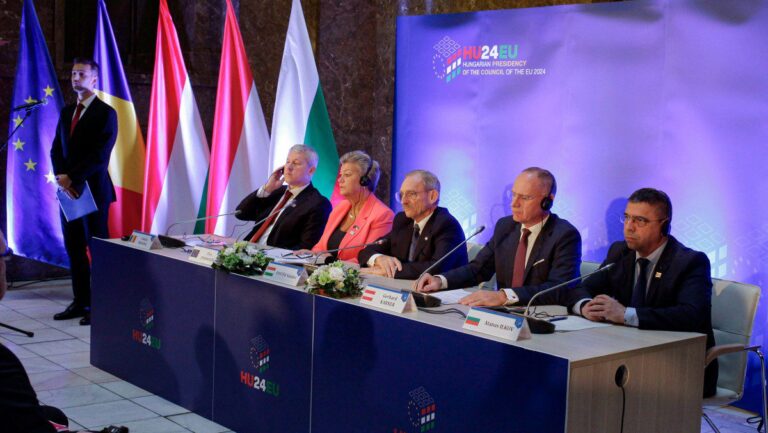German Chancellor Olaf Scholz has assured his country’s citizens that Germany will not become a party to the war in Ukraine. In a reply to a question by an opposition lawmaker on whether he would guarantee that Germany would not be drawn into the war, the chancellor said: “Yes, I give this guarantee. As chancellor, I stand by that.”
The question was justified, seeing how Germany’s military approach has changed within a matter of years. Berlin was initially only willing to send helmets to Ukraine at the beginning of Russia’s invasion more than two years ago. However, pressure from NATO allies and the hawkish Greens within the government has persuaded Social Democrat Olaf Scholz to allow the delivery of anti-aircraft systems and battle tanks. Germany recently gave its consent to Ukraine using German weapons against targets inside Russian territory.
NEW: Ukraine is addressing its manpower challenges and is forming several new brigades, but delayed and insufficient Western weapons deliveries will likely prevent Ukraine from equipping all these new brigades. 🧵(1/3) pic.twitter.com/cyijdPUUbt
— Institute for the Study of War (@TheStudyofWar) July 4, 2024
Germany has been one of Ukraine’s biggest weapon suppliers, but Scholz has always balked at the idea of sending military personnel.
The war has reached a stalemate, although Russian forces are making slow but steady advances into Ukrainian territory, prompting calls by Kyiv for its Western allies to keep sending weapons. Although a majority of Europeans think that Europe’s responsibility is to push Kyiv into negotiations with Russia rather than support Ukraine for as long as it takes to win, a large majority of NATO and EU countries are pushing for ever-increased participation in the war.
Some NATO members are urging the alliance to move certain NATO operations to within Ukrainian territory. French President Emmanuel Macron has even suggested that Western troops should be sent to Ukraine if the Russian army were to advance deeper inside the country. The plans for NATO to take a leading role in coordinating and providing security assistance and training for Ukraine—as well as making a long-term financial pledge to provide military support—will be discussed at a NATO summit in Washington D.C. starting on July 9th.
Russia controls around a fifth of Ukrainian territory, including the Crimea which it annexed in 2014. Russian President Vladimir Putin said last month that Russia would end the war if Kyiv agreed to drop its NATO ambitions and hand over the entirety of four provinces claimed by Moscow.
“In my view, a ceasefire that involves Ukraine’s capitulation is one that we as Germany must never support,” Olaf Scholz said on Wednesday, responding to another question in the Bundestag. Referring to a Ukrainian-backed peace summit in Switzerland, to which Moscow was not invited, he added that diplomatic efforts are being made to “create opportunities for peace.”





